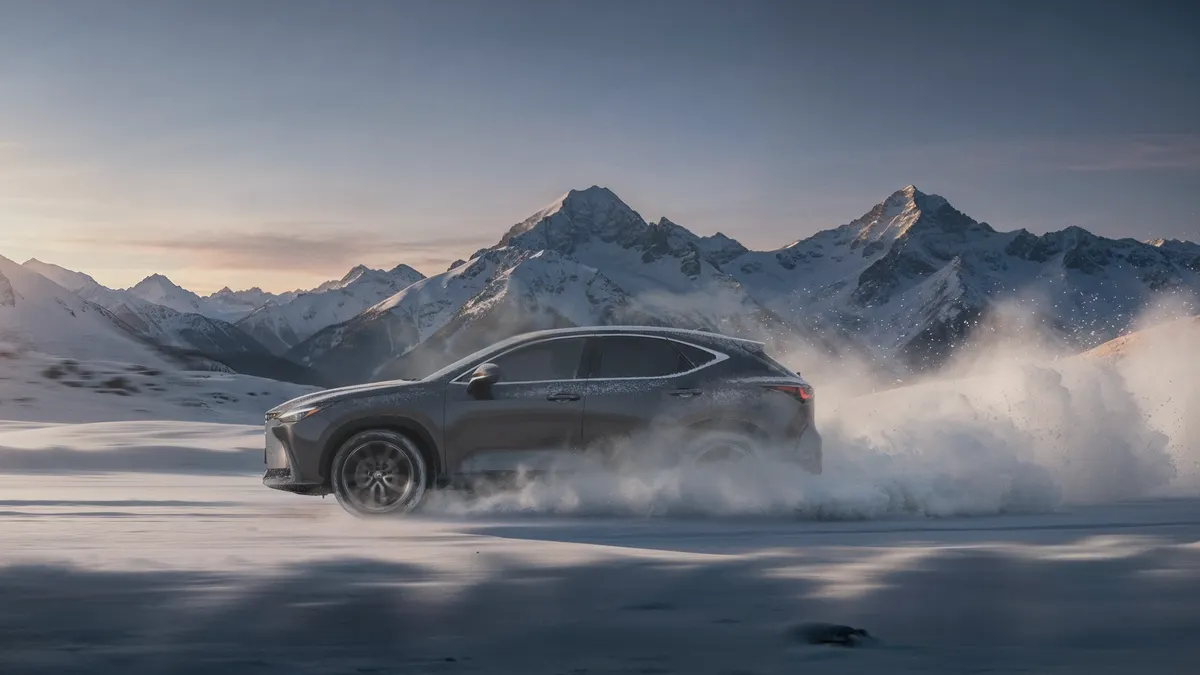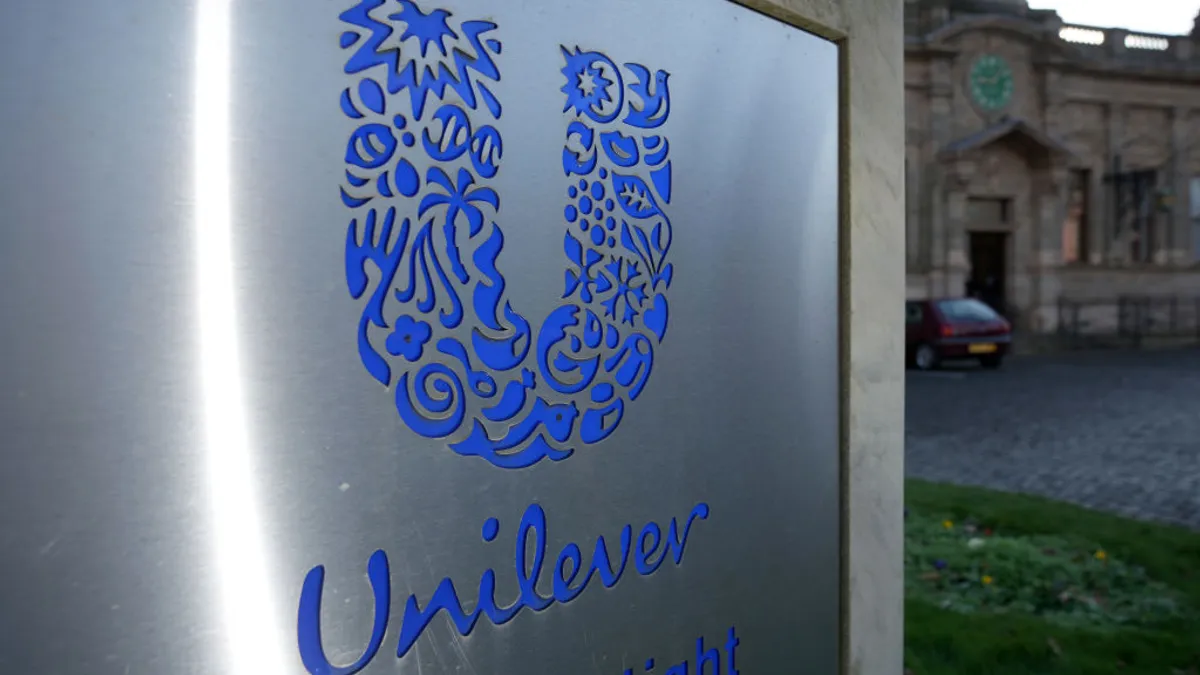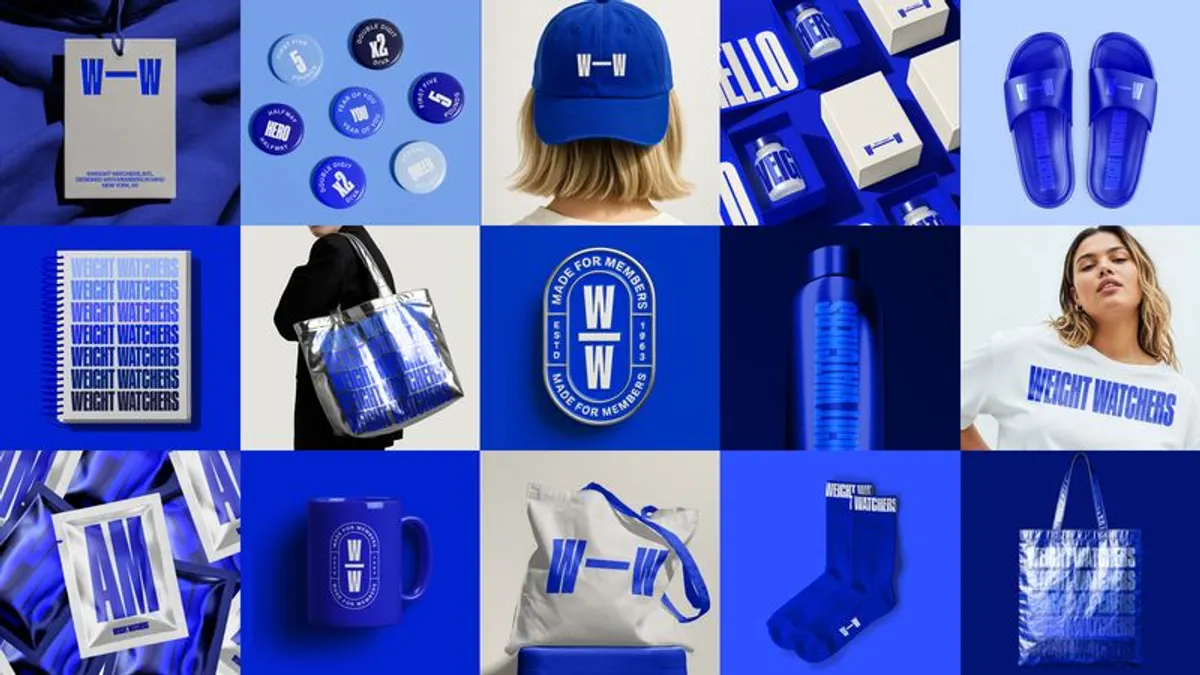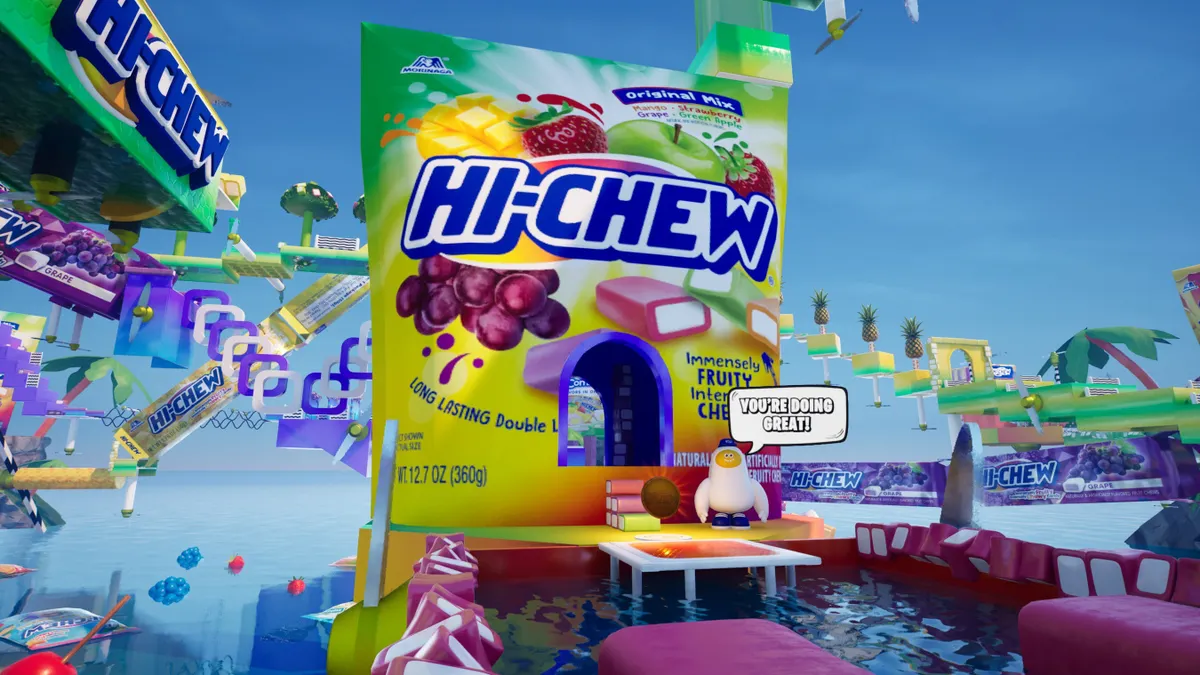Since last summer, a McDonald’s at a Connecticut rest stop charging $18 for a Big Mac combo meal has repeatedly gone viral, causing such a stir that CEO Chris Kempczinski had to comment about the chain's “affordability” on a February earnings call.
Amid continued inflation and tightening consumer wallets, the high price of fast food more broadly has even provided fodder for other restaurant marketers. Chili's this week took aim at its quick-service competitors and their mascot budgets — singling out the Big Mac by name and the amount of meat it contains in comparison to Chili’s burger.
Competitive sparring is nothing new for McDonald's or rival Burger King, but the pricing issues and sales crunch the chains are facing are causing the QSR giants to evaluate their marketing priorities, from how they advertise value to how they invest in their companies, plans both teased out in earnings reports released on Tuesday (April 30).
National value
Even with its higher prices, McDonald's global comparable sales grew only 1.9% in Q1 2024 with revenues of $6.17 billion amid boycotts in the Middle East and a pullback by “more discriminating” customers, per a statement by CEO Chris Kempczinski released with the company's earnings report.
Despite the challenging climate, Kempczinski attributed the continued success of McDonald's — which has seen 13 straight quarters of positive comparable sales growth — to the strength of its culturally relevant marketing campaigns and mobile-first digital capabilities. These factors help the chain encourage repeat visits, even amid “pressured QSR traffic,” through personalized recommendations informed by loyalty-powered insights, the executive said on an earnings call.
“When we shift marketing investment from traditional mass media like television, print and billboard ads, to collective investment in modern and digital capabilities to personalize the experience, we drive profitability,” Kempczinski said.
While the executive noted that 90% of its system in the U.S. is offering meal bundles for $4 or less, in addition to a range of digital offers, Kempczinski admitted that McDonald's has focused on local value while its competitors are able to advertise a national value message. To address that, the company plans to roll-out a national value proposition and use its media muscle to drive consumer awareness. A similar plan in France came together “very quickly” and achieved over 80% awareness in a short period of time, which the executive pointed to as a possible model for the U.S.
“I think what that highlights is it's not about how quickly can you see the business impact when you have a strong marketing support against a compelling value platform, it's how quickly can your system move and pivot to getting that in place,” the executive said. “How long that takes, I think, is going to be up to individual conversations that happen in the market, but it's clear that once you have that in place, the business could start to respond pretty quickly.”
Fueling the flame
McDonald's muted success comes as rival Burger King saw comparable sales grow 3.8% with revenues of $350 million in Q1, helping parent company Restaurant Brands International (RBI) beat investor estimates for earnings and revenue. The chain's comparable sales and traffic outperformed the industry, RBI CEO Joshua Kobza said on an earnings call, as the $400 million revitalization plan it launched in 2022 continues to progress.
“We know we still have a lot more work ahead of us, but it's clear Reclaim the Flame is driving strong early results and positioning us well to outperform in any consumer environment,” Kobza said.
Burger King spent $6 million of its advertising- and digital-focused "Fuel the Flame" investment during the quarter, with franchisees set to increase their advertising fund contributions by 50 basis points beginning next year. The increased ad spend has helped Burger King drive traffic from price-sensitive consumers, and Kobza does not expect the chain to “reinvent the wheel on value.”
“Our priority is to continue enhancing our value proposition through our quality food and beverages at attractive price points, improved operations and delivering a modern convenient experience for our guests. As we continue executing against our plans we feel well positioned to outperform the broader industry and traffic,” the executive said.
While McDonald's plans to develop a national value plan, Burger King has several budget products — $5 Duos, $5 Your Way meals, $2.99 wraps — that it has found to effectively drive sales while protecting margins. The chain will also avoid the deep discounting that it undertook three to five years ago, a trade off that boosted national marketing efforts but hurt franchisee bottom lines.
Along with its $150 million Fuel the Flame investment, Burger King has made a $250 million “Royal Reset” investment in restaurant improvements and this week announced plans to spend an additional $300 million on restaurant remodels. In addition, RBI in January acquired Carrols Restaurant Group, Burger King’s largest U.S. franchisee, for roughly $1 billion dollars and has made another $500 million commitment to remodeling those units. The chain expects the sizable investments to continue bearing fruit.
“I shared with you all in New York a few months ago that you shouldn't question our commitment to getting the brand right in the U.S.,” said Patrick Doyle, RBI's executive chairman, on the earnings call.
“The marketing is getting better. We have the biggest focus on operational consistency that the brand has ever had. We now have a path to be nearly fully modern image across the U.S. by 2028,” the executive continued. “Now it's just down to good old fashioned execution.”





















